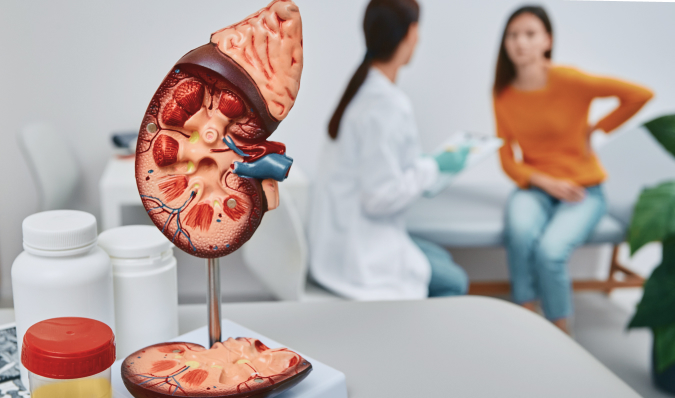Get Prompt
Relief For
Kidney Stones
Kidney Stones Treatment

of Experience
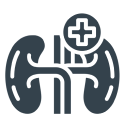


Care & Support
Pain from kidney stones can be intense and debilitating.
At TTW Urology, we strive to get you seen and treated as soon as possible.
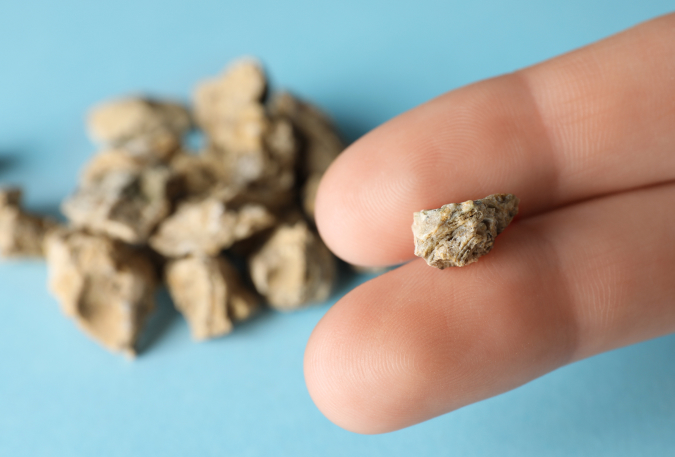
What Are Kidney Stones?
Kidney stones are small, hard deposits that form in the kidneys and can vary in size and type. They are characterised as being extremely painful.
While smaller kidney stones can be passed naturally, some cases may require urgent kidney stones removal to treat.
Could You Be Having Kidney Stones?
If you’re experiencing any of the following symptoms, you might be dealing with kidney stones:
Sudden and severe pain in your back, side, or abdomen
Blood in Urine:
Pink, red, or brown urine can indicate bleeding in the urinary tract
Frequent Urination:
A persistent urge to urinate, often accompanied by discomfort
Nausea and Vomiting:
Feeling sick or vomiting can occur due to the pain
Cloudy or Foul-Smelling Urine:
Changes in the appearance or odour of your urine
Pain During Urination:
This may indicate stones blocking the urinary tract
Act Quickly
How We Diagnose Kidney Stones
At TTW Urology, we use advanced diagnostic tools to accurately identify kidney stones and determine the most effective treatment plan. Here’s how:
Symptom Evaluation
We will discuss your symptoms, medical history, and any previous occurrences of kidney stones.
Physical Examination
A physical exam helps us assess areas of pain or discomfort that may be related to kidney stones.Urine Testing
A urine test can detect blood, crystals, or minerals that indicate the presence of kidney stones or identify possible infection.
Blood Tests
Blood tests measure levels of certain substances (e.g., calcium, uric acid) that can contribute to stone formation.
Imaging Tests
We use CT scans, ultrasound scans and sometimes X-rays to locate stones, assess their size and shape, as well as detect blockages.
Stone Analysis
If you pass a stone, we may analyse it to determine its composition, which helps guide preventive care and treatment strategies.
How We Treat Kidney Stones
We tailor treatment to the severity of your condition.
This includes:

Medication
We prescribe medications to manage pain and discomfort associated with kidney stones. Pain relievers, such as NSAIDs, help alleviate severe pain, while alpha-blockers may be used to relax the muscles in your urinary tract, facilitating the passage of smaller stones.
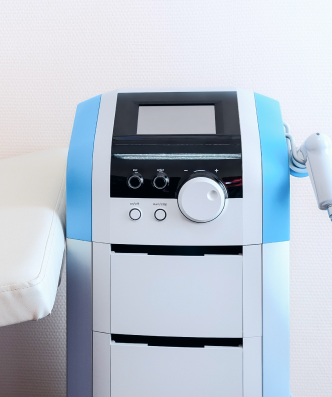
Extracorporeal Shock Wave Lithotripsy (ESWL)
This non-invasive kidney stones removal uses focused soundwaves to break kidney stones into smaller fragments. The broken pieces can then pass through the urinary tract more easily. ESWL is typically performed on an outpatient basis and may require mild sedation to ensure your comfort during the procedure.
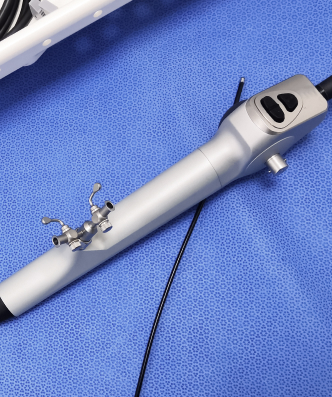
Ureteroscopy
In this minimally invasive technique, a thin, flexible tube with a camera (ureteroscope) is inserted through the urethra and bladder into the ureter or kidney. If stones are found, they can be either removed or broken up using special instruments. This procedure is often done under sedation or general anaesthesia, allowing for a comfortable experience.
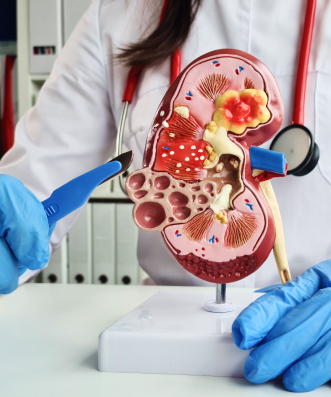
Surgical Options
For larger stones or recurrent cases that cannot be treated with less invasive methods, we may recommend surgical options such as Percutaneous Nephrolithotomy (PCNL). This procedure involves making a small incision in the back to remove larger stones directly. It’s typically performed in a hospital setting under general anaesthesia and may require a short recovery period.
Don’t Wait — Get Relief from Kidney Stone Pain Today

Our Kidney Stones Specialist
Dr Tan Teck Wei
MBBS (S’pore), DFD (CAW), MRCS (Edin),MMed (Surgery), FAMS (Urology)
Dr Tan Teck Wei is a Senior Consultant Urologist who specialises in the management of kidney stones and other complex urological cancers involving the kidneys, prostate, and bladder. Dr Tan is fellowship-trained in open, laparoscopic and robotic urologic surgery; and has held numerous leadership and academic positions. He understands the distress faced by his patients with kidney stones and strives to provide effective and seamless care.
FAQs on Kidney Stones
Kidney stones are hard deposits made of minerals and salts that form in the kidneys. They can vary in size and may cause severe pain when they pass through the urinary tract.
Kidney stones form when substances like calcium, oxalate, and uric acid become too concentrated in the urine, leading to crystal formation. Dehydration, certain diets, genetics, and medical conditions can all increase the risk of developing stones.
Yes, in many cases. Staying well-hydrated, eating a balanced diet low in salt and oxalate-rich foods, and maintaining a healthy weight can help reduce the risk. If you've had kidney stones before, your doctor may also recommend specific medications or dietary adjustments based on the type of stones.
You should see a urologist if you experience severe pain, have blood in your urine, or have difficulty urinating. If you're unable to pass the stone on your own, medical intervention may be necessary to avoid complications like infection or kidney damage.
If treated promptly, kidney stones usually do not cause long-term damage. However, untreated stones can lead to complications such as urinary tract infections, kidney infections, or even kidney failure in rare cases.
For enquiries on your condition or appointment booking, please fill in the enquiry form and we will be in touch with you soon. Your health and well-being are our top priorities, and we look forward to assisting you on your medical journey.
